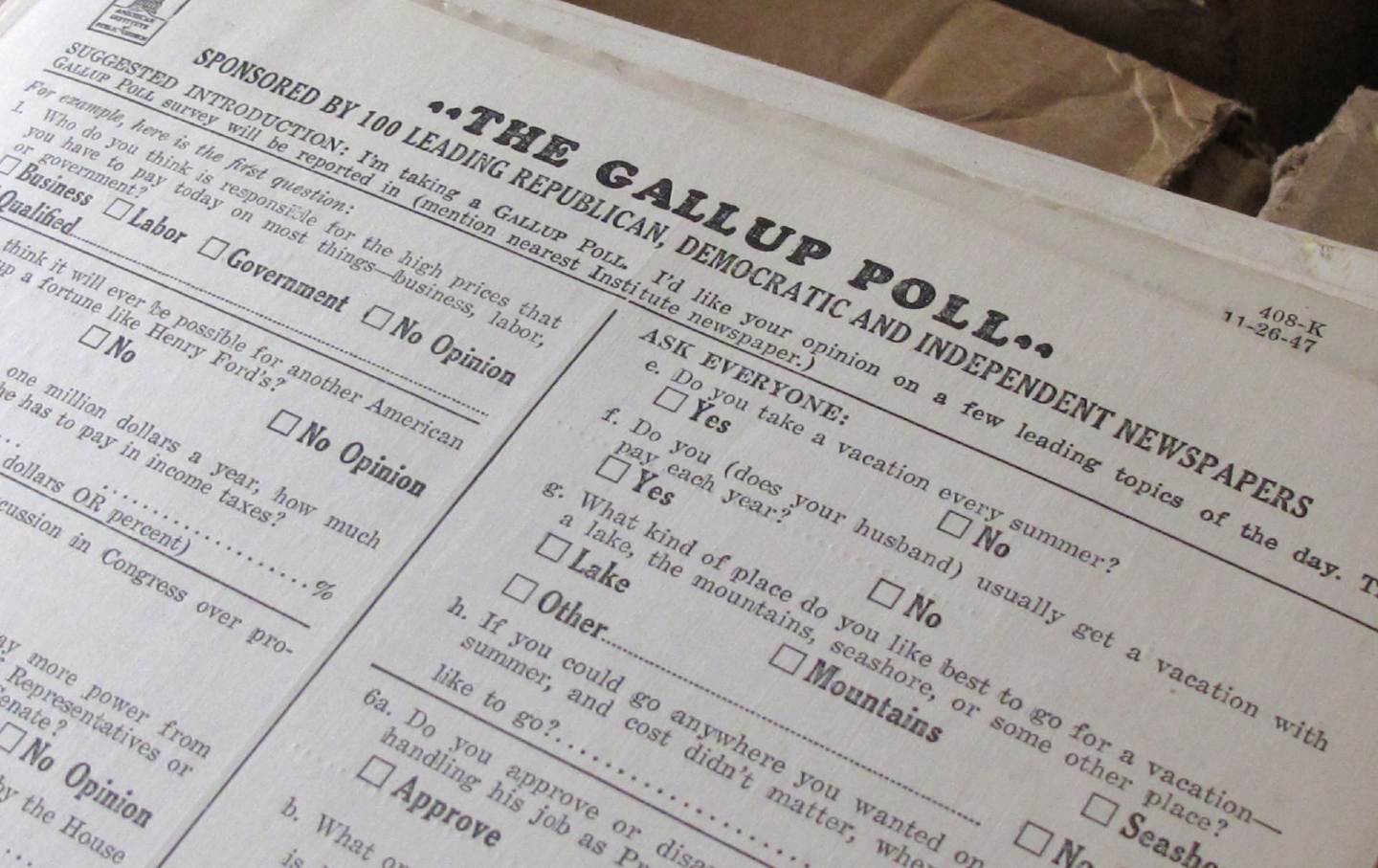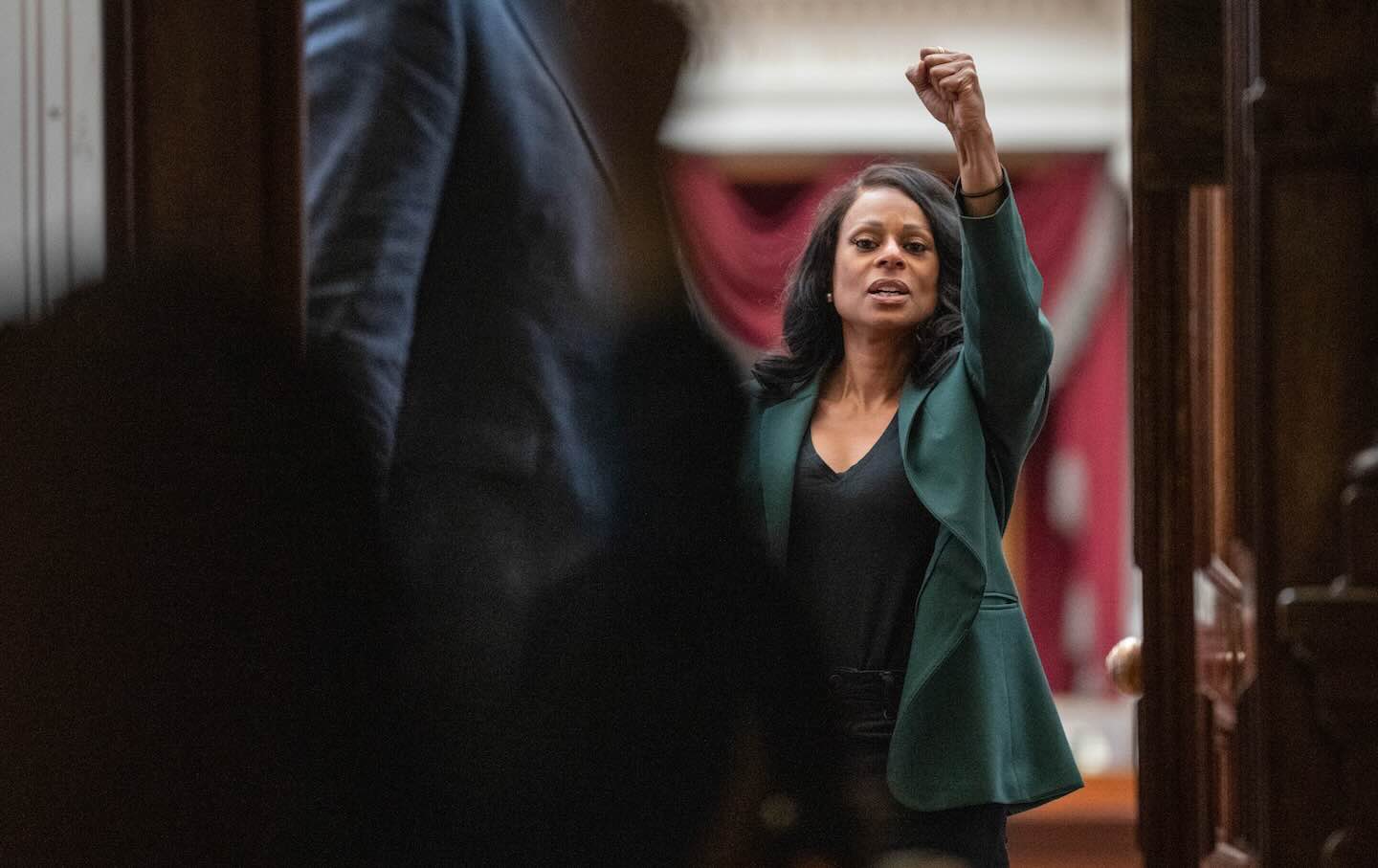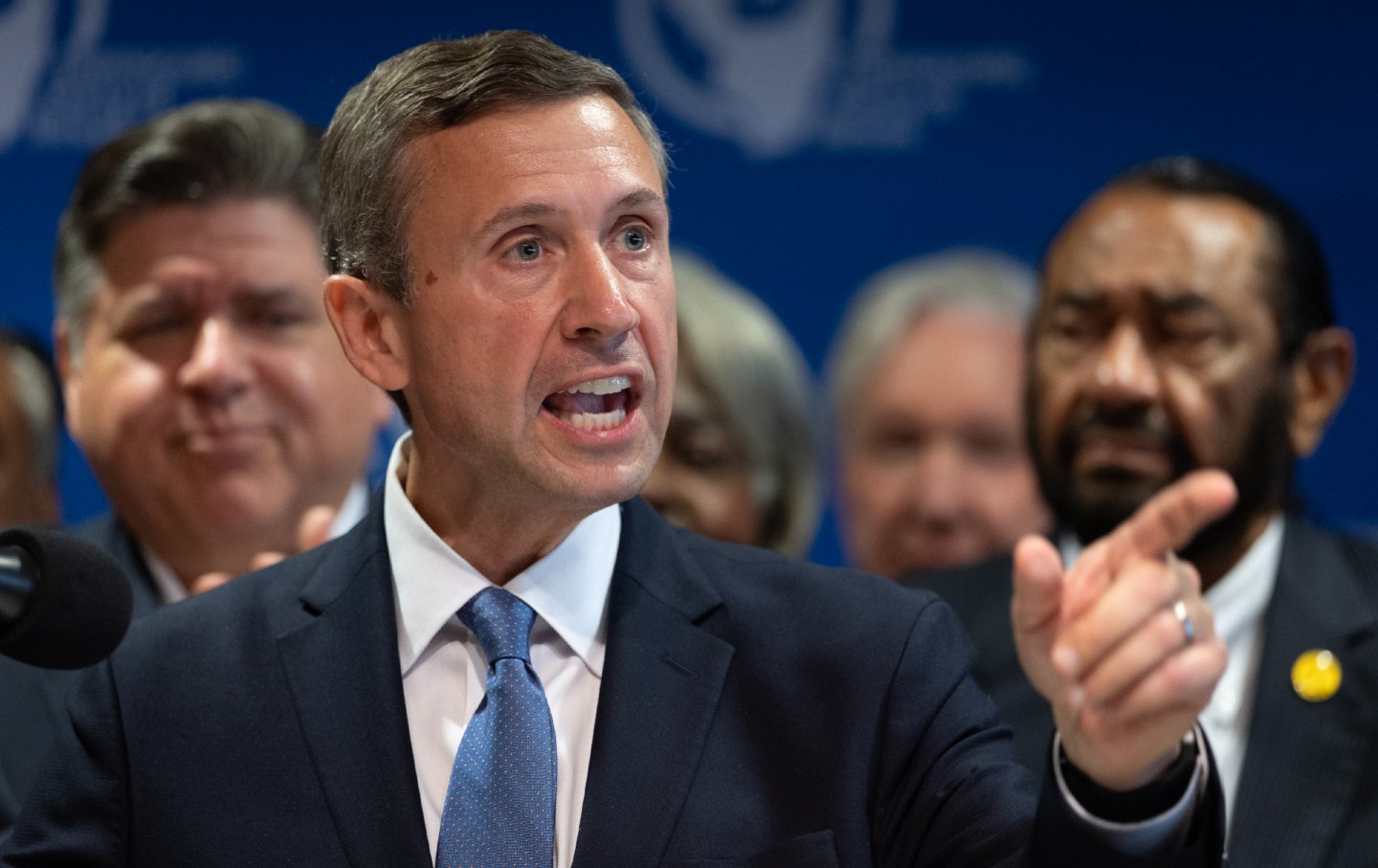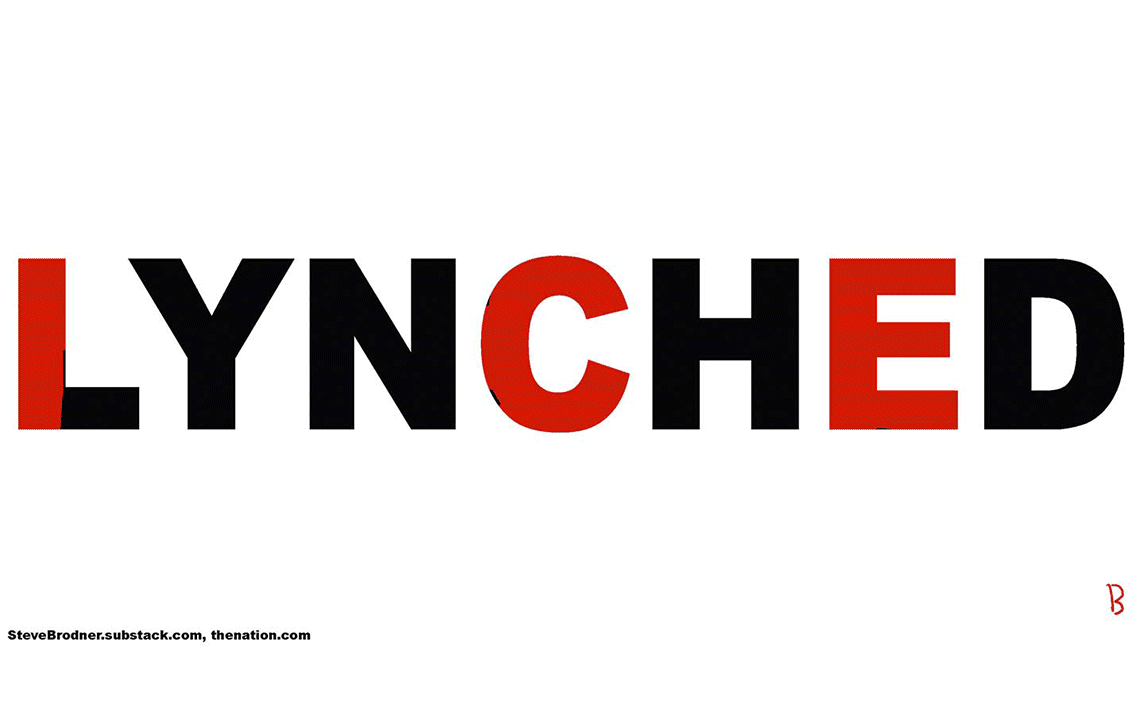
Less than two weeks before Election Day, Americans are drowning in opinion polls. New surveys are released at a rate of about a dozen per day. We are, by turns, heartened and tormented by the respected Quinnipiac, the troubling Times/Siena, the right-leaning Rasmussen. People who are not paid to attend to such matters can be heard using phrases like “sample size,” “margin of error” and even “cross tabs.” We are a nation obsessed.
For this obsession we can thank, in part, George Gallup, who took public-opinion polling from the private-sector world of market research and applied it to American politics in the mid-1930s. He saw a problem with the informal and unscientific way polls were being conducted at the time. In 1936, Literary Digest went about surveying the public by scouring the phone book and car registration data and then sending millions of people a postcard asking whom they planned to vote for in the presidential election: Democratic incumbent Franklin D. Roosevelt or Republican challenger Alf Landon. Most respondents opted for Landon. The magazine predicted he would pick up 370 Electoral College votes. Landon wound up with eight. The magazine closed not long thereafter.
George Gallup, by contrast, knew that poorer voters who tended to support Roosevelt were less likely to have phones or cars. A former professor of journalism at Iowa State University, Gallup sought to craft a sample of voters that better reflected the voting public. By doing so, he predicted Roosevelt’s landslide in the 1936 election. On the strength of that success, he built a polling operation based in Princeton, New Jersey, which began publishing surveys of the American electorate’s opinions about both candidates and policies.
In early 1940, The Nation published an article about Gallup and the brand-new world of opinion polling, written by a 24-year-old James Wechsler, later the influential editor of the New York Post. Wechsler noted that, partly thanks to Gallup’s predictions in Roosevelt’s favor, most criticism of opinion polling was coming from conservative opponents of the New Deal, who argued that “polls are intrinsically a menace to the republic: they reveal only the sum total of popular ignorance; they foster the heresy that Mr. Milquetoast has something to say and a right to be heard even between election days; they thereby imperil the structure of ‘representative government.’”
While Wechsler didn’t share such antidemocratic concerns, he warned Nation readers to be skeptical of the profusion of opinion polls. After witnessing employees of Gallup’s American Institute of Public Opinion conduct interviews in three cities, he concluded that the potential for “manipulation of the polls by the conservative interests which ultimately pay for them” was a legitimate concern. (Gallup’s operation was funded by newspapers that subscribed to receive his data and reports.) “There is ample chance for sabotage along this assembly line,” Wechsler wrote.
Wechsler depicted Gallup as a nonpartisan expert “conscientiously groping for a vantage point above the battle where questions can be formulated in a spirit of peace and neutrality.”
Nearly five years later, Nation readers had a chance to hear from the man himself in a December 1944 article headlined, “I Don’t Take Sides.” He was responding to a critical essay the magazine had published two weeks earlier by a New Deal economist named Benjamin Ginzburg, who accused Gallup of refusing to share how he conducted his polling operations on the eve of that year’s presidential election. Whereas four years earlier conservatives had criticized Gallup, now it was Democrats who accused the pollster of putting out cooked survey figures.
In his Nation piece, Gallup dismissed the criticism as “unintelligent” and accused Ginzburg of “careless reporting,” while insisting that he welcomed any investigation of his polls. He also noted that, since both parties were accusing him of bias, he must be doing something right. “You can‘t make much of a case of political bias out of this record, unless perchance you regard us as chameleons who change political colors every two years,” Gallup wrote. “In this case at least one would have to admit that we distribute our political favors evenly.”
Gallup pledged that he and his institute had no political preferences and wanted only to predict the outcomes of elections correctly. He also insisted that, while he recognized there was “no social value in predicting elections,” his work contributed to the refinement of statistical methods that could perhaps be applied, more usefully, in other spheres of public life.
In his 1940 article, Wechsler depicted the polls as a useful addition to the democratic process. They gave voice to the common voter, who otherwise was rarely represented in the public discourse. “What have the answers to good questions, addressed intelligently to the right cross-section, proved about America?” Wechsler asked. “Above all they have revealed an incredibly animated populace anxious to articulate its fears, resentments, and loyalties.”
For Wechsler, it was the process, as much as the outcome, that gave polls their meaning. “[T]here is a perceptible undertone of excitement in these interviews which the statistics don’t record; to a host of Americans the polls represent a unique adventure in democratic life,” he noted. “On issues which have immediate personal impact, like involvement in war, they grasp at the chance to divulge what they are thinking, with the hope that someone in Washington will see the answers.”
“After watching fifty interviews,” Wechsler went on, “I could cite a large number of cases in which the answers were based on half-knowledge and intuition. But against those I could cite many others in which keen insight was revealed by people who were, in a sense, just learning to talk because nobody had previously asked them anything.”
“[T]he polls,” he concluded, “have encouraged the suspicion that Americans have minds.
It’s not obvious that opinion polls these days do much to encourage such suspicions, and one could hardly say that ordinary citizens are otherwise denied the chance to have their say in the public square. In a world overwhelmed by data, perhaps we might all do better to tune out the cacophony of polls and look to more qualitative sources of information in order to understand what truly animates the pulse of American democracy.
Popular
“swipe left below to view more authors”Swipe →Take a stand against Trump and support The Nation!
In this moment of crisis, we need a unified, progressive opposition to Donald Trump.
We’re starting to see one take shape in the streets and at ballot boxes across the country: from New York City mayoral candidate Zohran Mamdani’s campaign focused on affordability, to communities protecting their neighbors from ICE, to the senators opposing arms shipments to Israel.
The Democratic Party has an urgent choice to make: Will it embrace a politics that is principled and popular, or will it continue to insist on losing elections with the out-of-touch elites and consultants that got us here?
At The Nation, we know which side we’re on. Every day, we make the case for a more democratic and equal world by championing progressive leaders, lifting up movements fighting for justice, and exposing the oligarchs and corporations profiting at the expense of us all. Our independent journalism informs and empowers progressives across the country and helps bring this politics to new readers ready to join the fight.
We need your help to continue this work. Will you donate to support The Nation’s independent journalism? Every contribution goes to our award-winning reporting, analysis, and commentary.
Thank you for helping us take on Trump and build the just society we know is possible.
Sincerely,
Bhaskar Sunkara
President, The Nation
More from The Nation

Yes, Texas Representative Nicole Collier Was Under “House Arrest” in the Texas Capitol Yes, Texas Representative Nicole Collier Was Under “House Arrest” in the Texas Capitol
Collier speaks about her surreal ordeal, wherein she refused to sign a permission slip and accept a police escort to leave the Austin statehouse and had to sleep there for two nig...

Democrats Need to Stop Letting Trump Set the Terms of Engagement Democrats Need to Stop Letting Trump Set the Terms of Engagement
With every White House action, from mass deportation to domestic deployment of federal troops the “opposition party” has accepted the premise and failed to offer an alternative.

The DNC Chair Proposes Major Reforms to Limit Big Money The DNC Chair Proposes Major Reforms to Limit Big Money
Party building vs. candidate addiction has never been more urgent.

Solidarity Staircase Solidarity Staircase
The stairways to iconic Park Güell in Barcelona were transformed into a representation of the Palestinian flag , and the plaza above was named “Free Palestine”, as a symbol of supp...

Why Did ICE Arrest This North Carolina Family? They Were Home. Why Did ICE Arrest This North Carolina Family? They Were Home.
Two family members have been released, but 20-year-old Allison Bustillo-Chinchilla has been held at Georgia’s infamous Stewart Detention Center since February.



